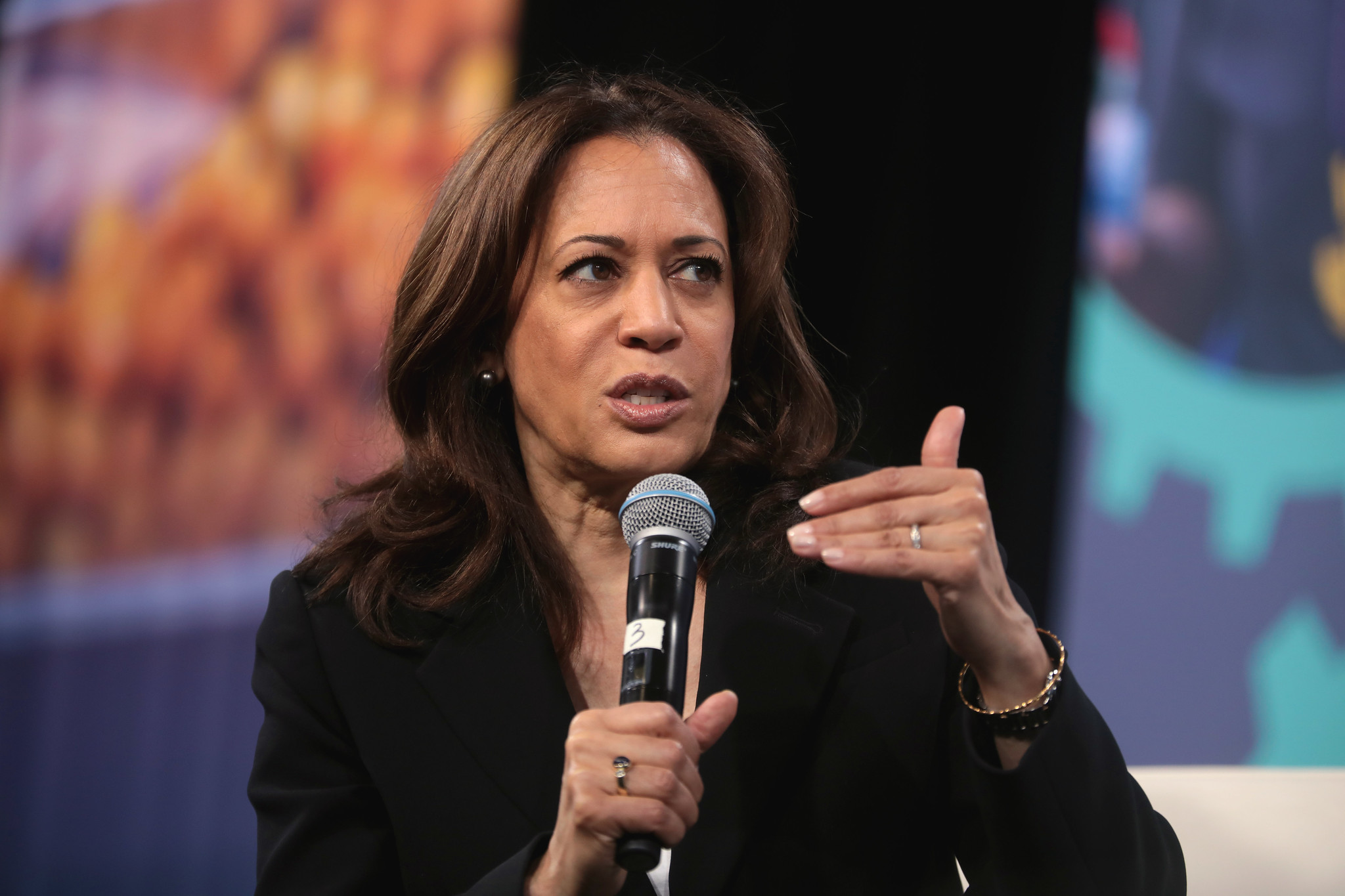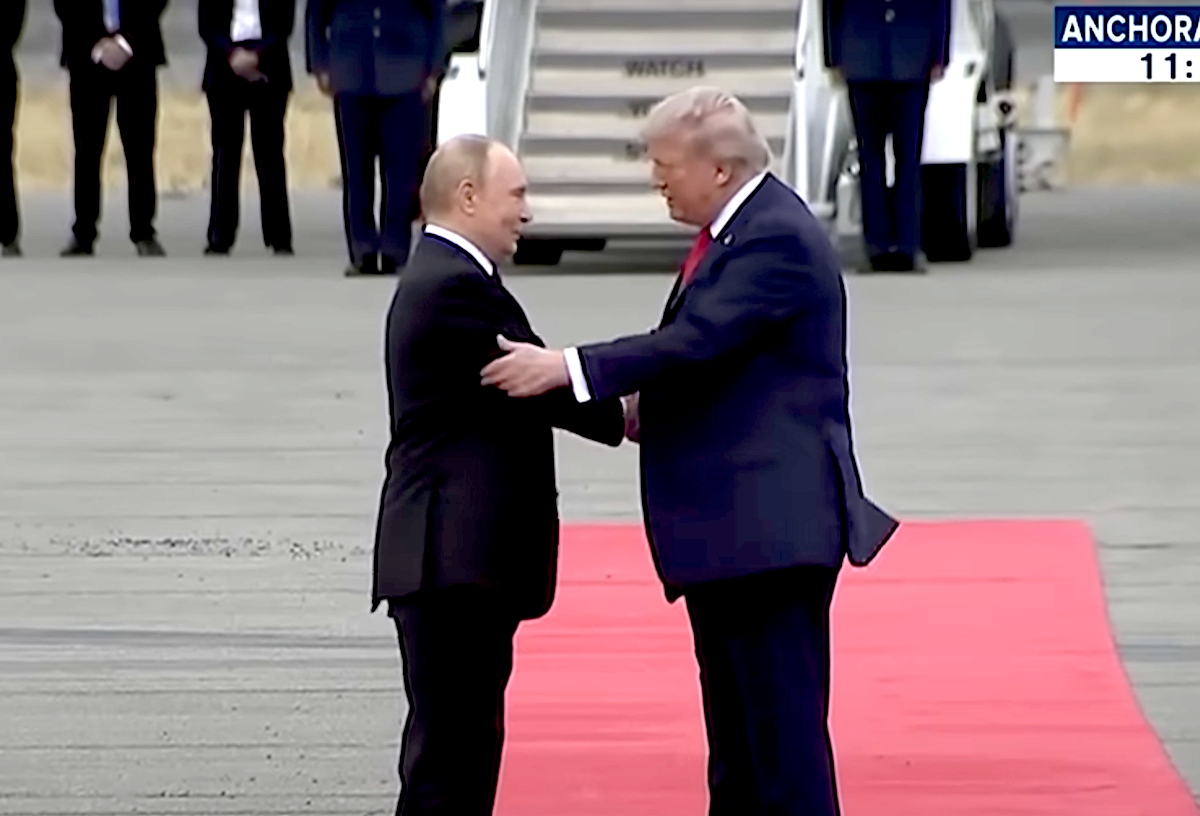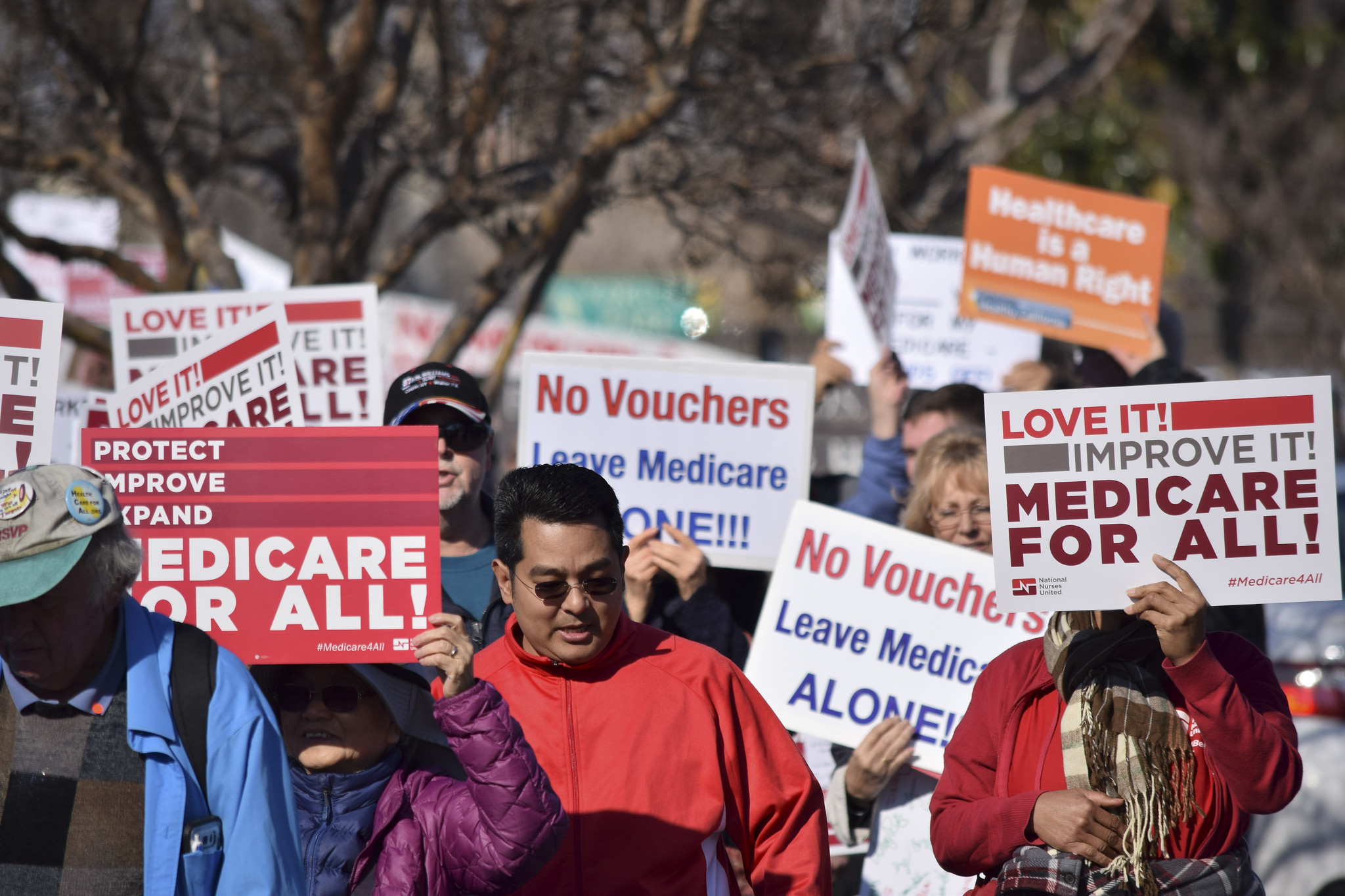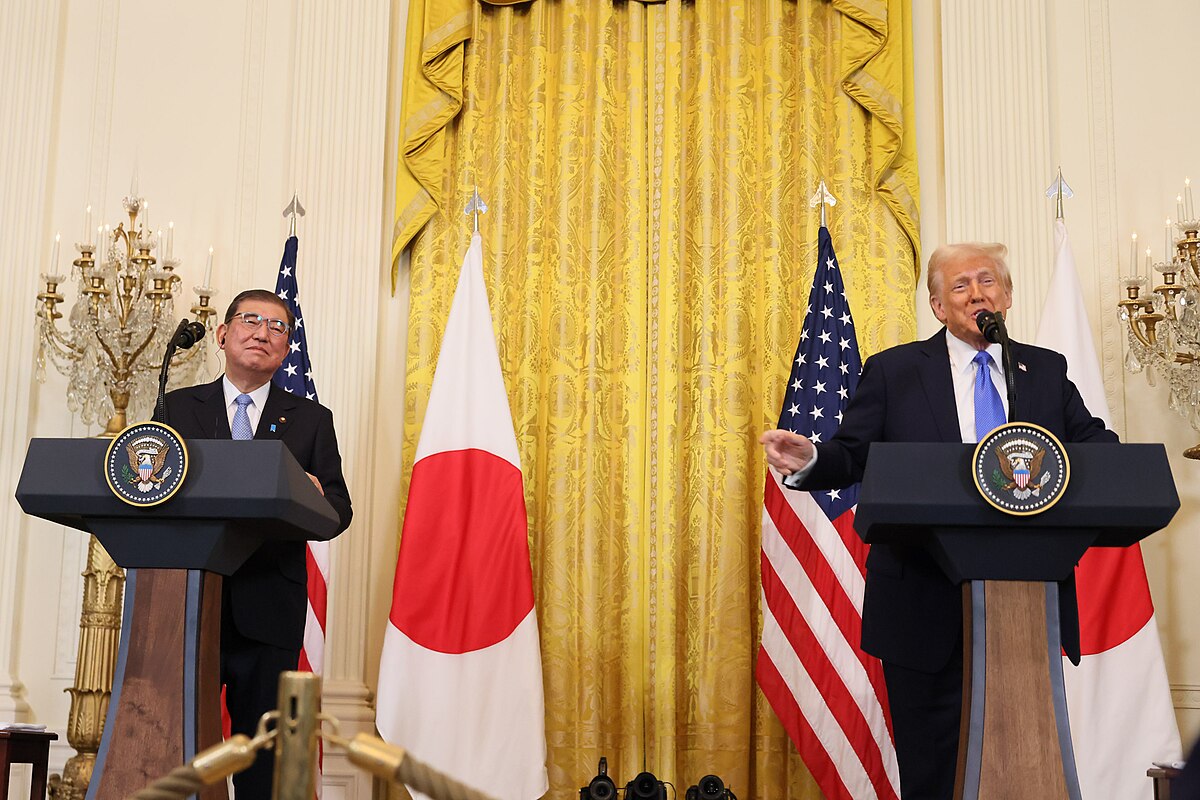Former President Donald Trump has revoked the extended Secret Service protection for former Vice President Kamala Harris, effective September 1, 2025. This decision comes as Harris embarks on a multi-city book tour following her unsuccessful presidential campaign.
Under the Former Vice Presidents Act of 2008, former vice presidents are entitled to six months of Secret Service protection after leaving office. Harris’s protection was initially set to end on July 21, 2025, coinciding with that of her husband, Doug Emhoff. However, President Joe Biden signed an order extending her protection to 18 months, a move that has drawn scrutiny.
Trump’s directive reinstates the statutory norm, which critics argue is politically motivated. “This is another act of revenge following a long list of political retaliation,” said Los Angeles Mayor Karen Bass, who expressed concern for Harris’s safety in light of the decision. Bass added, “I look forward to working with the Governor to make sure Vice President Harris is safe in Los Angeles.”
Supporters of the decision argue that Harris should not receive special treatment compared to other former vice presidents. They contend that her security needs can be met through private means, funded by her book proceeds or personal wealth. A commentator on MSNBC remarked, “It speaks to how Donald Trump operates. He uses the government to deal with his own personal animosity with people.”
Critics have raised concerns about the implications of this decision, suggesting that it could endanger Harris. CNN reported that some believe Harris faces unique security challenges as the first woman and first Black woman to serve as vice president. However, supporters of Trump’s action argue that former vice presidents Mike Pence and Joe Biden also managed without extended protection after their terms.
The debate over Harris’s security comes amid broader discussions about the treatment of public officials and the role of political motivations in security decisions. Bob Salladay, a spokesman for California Governor Gavin Newsom, stated, “The safety of our public officials should never be subject to erratic, vindictive political impulses.”
As the political landscape continues to evolve, the decision to revoke Harris’s Secret Service detail has sparked a significant conversation about security protocols for former officials and the potential for political bias in such decisions.
While the cost of private security for Harris could be substantial, possibly reaching millions annually, proponents of the decision suggest that she can afford such measures without taxpayer support. This perspective aligns with a growing sentiment that public funds should not subsidize personal endeavors, including political campaigns or book tours.
In summary, Trump’s order to revoke Harris’s Secret Service protection has ignited a debate over security, fairness, and the intersection of politics and public safety. As Harris prepares for her book tour, the implications of this decision will likely resonate within political circles and beyond.
READ Trump's Foreign Policy Faces Criticism from Bureaucratic Circles



